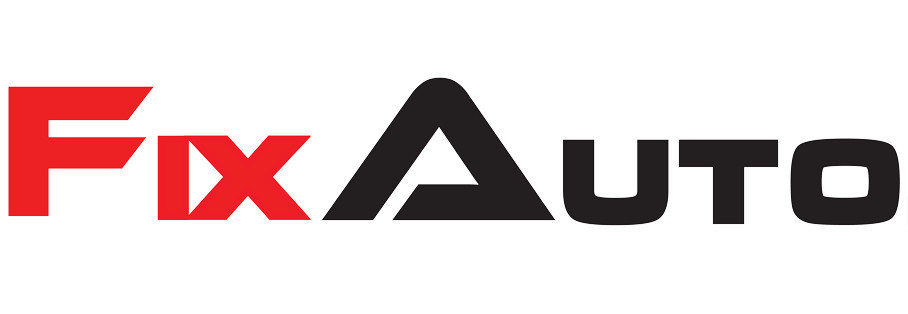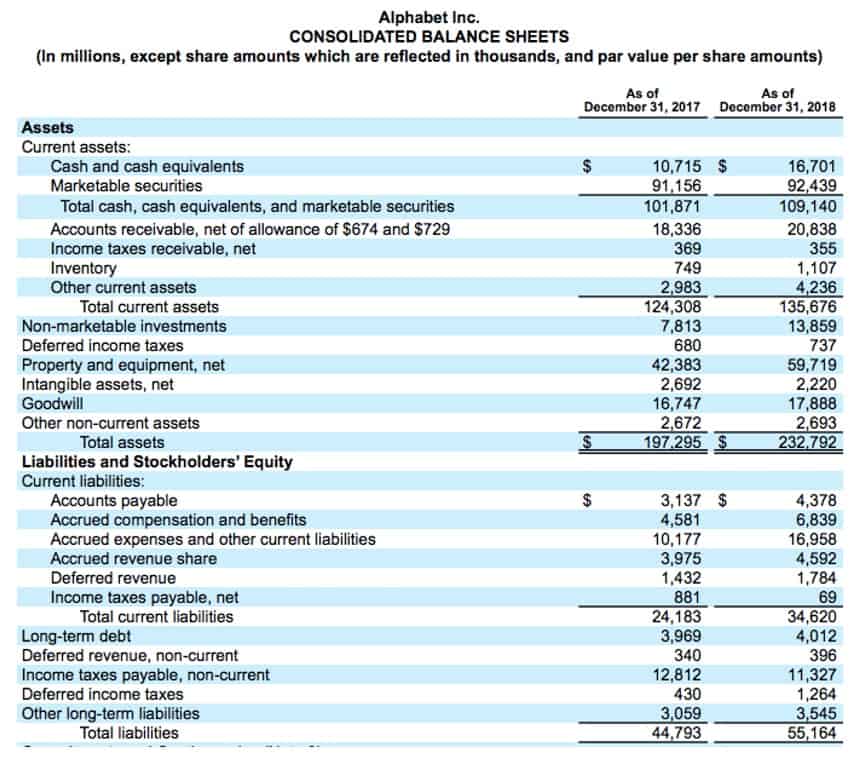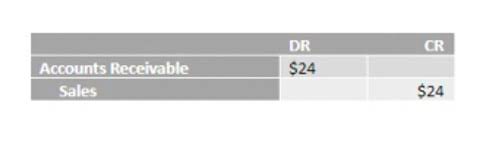By integrating these financial functions within the ERP system, organizations can streamline their financial processes and ensure accurate and up-to-date financial data. One of the key advantages of ERP systems is their ability to provide real-time data, allowing leaders and managers to make informed decisions based on up-to-date information. This is particularly important in today’s fast-paced business environment, where organizations must adapt to changing market conditions. This module enables organizations to optimize their supply chain processes, including procurement, logistics, and inventory management. Enterprise resource planning (ERP) is a business management software system that is designed to manage and streamline an organization’s functions, processes and workflows with automation and integration. Enterprise resource planning (ERP) manages and integrates business processes through a single system.
What are the different types of ERP systems?
Organizations must decide between open-source ERP systems, which offer greater customization and lower costs, and proprietary systems, which may provide better support and more extensive features. ERP systems can help organizations maintain better financial control by providing accurate and timely financial data, enabling them to comply with regulations and standards. This module provides organizations with analytical tools to support decision-making, such as reporting, data visualization, and predictive analytics.
Understanding Enterprise Resource Planning (ERP)
- ERP applications also allow the different departments to communicate and share information more easily with the rest of the company.
- Some notable features include scheduled reporting, visualization tools, customizable dashboards, and real-time data access.
- ERP systems are the kind of software tools that are used to manage the data of an enterprise.
- ERP systems are composed of interconnected modules, focussing on specific business functions allowing data to flow between them.
- Our writing and editorial staff are a team of experts holding advanced financial designations and have written for most major financial media publications.
It is the practice of consolidating an enterprise’s planning, manufacturing, sales, and marketing efforts into one management system. The first ERP systems sold in the 1970s through the 1990s all ran on premises, i.e., on the company’s computers. Nowadays, ERP is just as likely to run in the cloud on systems maintained by the vendor or a service provider, and users access the software over the internet from their desktop or mobile devices.
- ERP systems offer various benefits such as improved efficiency, informed decision-making, data accuracy, and many more.
- By integrating various business functions and processes, an ERP system can reduce redundant tasks, minimize errors, and provide real-time data access, which can help businesses to make informed decisions.
- The platform is generally maintained by the company that created it, with client companies renting services provided by the platform.
- These articles and related content is not a substitute for the guidance of a lawyer (and especially for questions related to GDPR), tax, or compliance professional.
- Any business considering implementing an ERP system should be able to find value in some of these types of systems, and multiple systems may be relevant in any given situation.
- By integrating various business functions and providing real-time access to data, ERP systems can help organizations optimize their processes, reduce information silos, and make more informed decisions.
Evolve your financial systems
ERPs were originally designed for manufacturing companies but have since expanded to serve nearly every industry, each of which can have its own ERP peculiarities and offerings. For retained earnings example, government ERP uses contract lifecycle management (CLM) rather than traditional purchasing and follows government accounting rules rather than GAAP. Implementing ERP software improves efficiency, cost savings, better decision-making, and enhanced collaboration, allowing organizations to realize maximum value.
Meanwhile, modern ERP software includes a wide range of modules that can reach every aspect of your business. Accounting is just one module in a long list of other features that ERP technology can provide. The ERP software is built for industry-specific requirements and can be molded to fit almost any company’s needs. Which ones are the main applications depends on the business and the industry it operates in. Most companies can benefit from supply chain management, logistics, and financial applications to help them streamline their operations and expenses.
What Are ERP System Modules?
ERP systems will also provide transparency into your complete business process by tracking all aspects of production, logistics, and financials. These integrated systems act as a business’s central hub for end-to-end workflow and data, allowing a variety of departments to access. The CRM module makes it possible for businesses to manage client operations, such as marketing, sales, and customer service. Users can also employ CRM in marketing operation management, including Law Firm Accounts Receivable Management advertisements and lead generation campaigns.
IBO was not involved in the production of, and does not endorse, the resources created by Save My Exams. These articles and related content is the property of The Sage Group plc or its contractors or its enterprise resources definition licensors (“Sage”). Please do not copy, reproduce, modify, distribute or disburse without express consent from Sage.These articles and related content is provided as a general guidance for informational purposes only. These articles and related content is not a substitute for the guidance of a lawyer (and especially for questions related to GDPR), tax, or compliance professional.






